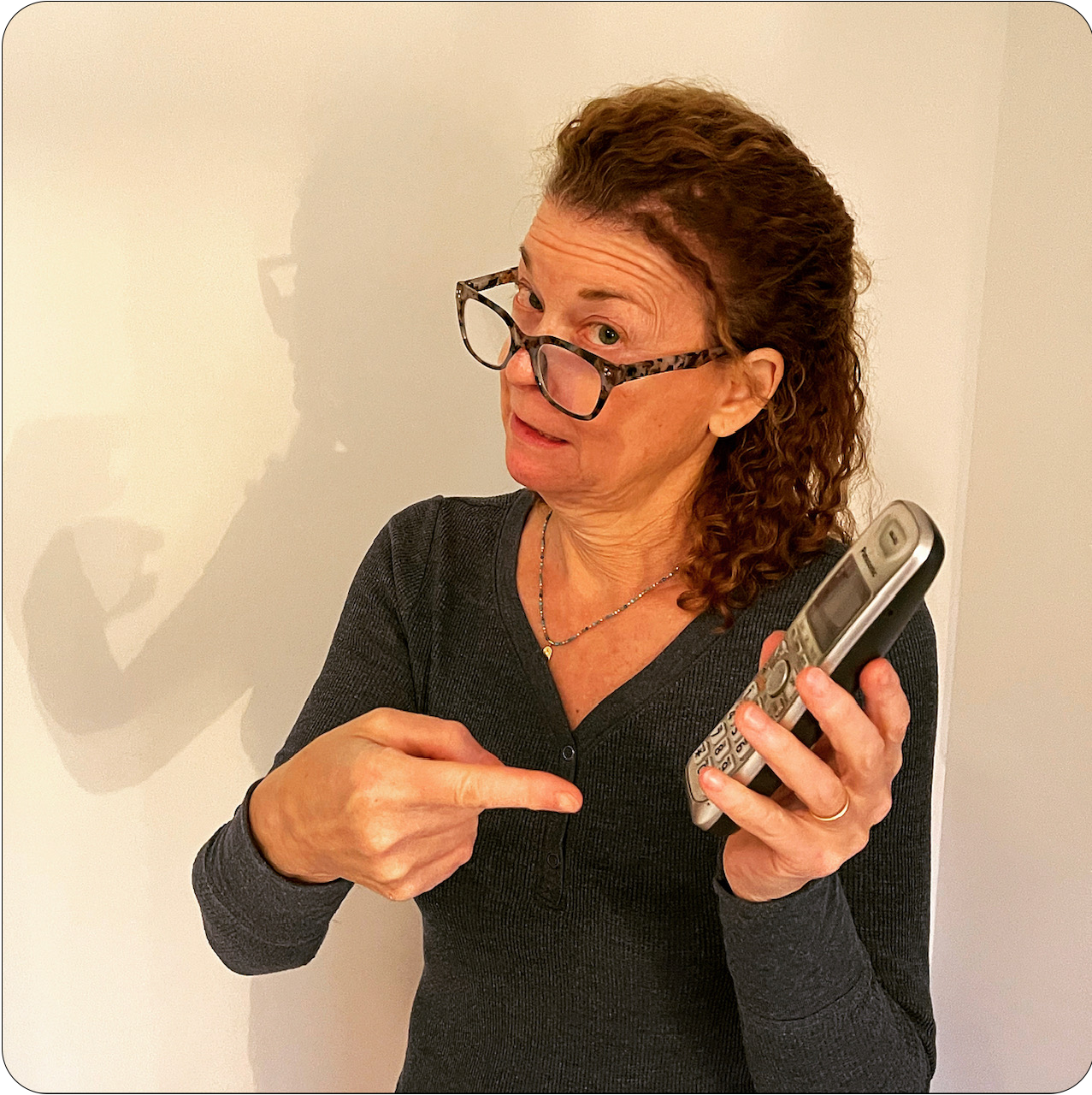
Last week I wrote about the importance of maintaining healthy boundaries for myself while remaining open to the concerns/needs of others.
This week I saw what happens when others hold their boundaries too rigidly.
Here’s what happened:
I was sitting in my doctor’s office when an extremely agitated patient called in.
Apparently, there was a billing issue and she had been told she would not be able to see the doctor until paying a portion of her past due account.
I could hear only one side of the conversation and it went like this:
Young Receptionist: “You need to stop yelling at me… If you stop yelling at me I can try to help you figure this out… You need to stop yelling at me…OK, then, hang up.”
Now I get it.
This receptionist got caught in the crossfire between a patient and her insurance company and was not enjoying being yelled at for something that wasn’t her fault.
The trouble was, the patient was loaded for bear and looking to make someone else as unhappy as she was.
The next thing I heard was the other receptionist’s phone ringing and her saying,
“Um…HR is on the phone for you.”
Uh oh.
Would I – at that age– have handled this situation better/differently?
Probably.
As in, I probably wouldn’t even have handled it that well.
Thankfully (Yes, age has its virtues) I now have 30+ more years in the workforce and quite a bit more communication experience.
Given that, what do I recommend she should have done?
First: acknowledge the emotion underneath what was being said.
This would have sounded like,
“I can hear how frustrated and upset you are.”
This works because there really isn’t much that the person who is agitated can do but agree– they are frustrated and upset.
Next, make yourself an ally. This would sound like,
“I’m going to help you figure this out. This will be easier if neither of us raises our voice.”
You hear the difference between “I’m going to help you,” and “I can try to help you.”, yes? Also, even though you’re not yelling, aligning yourself with the person who is makes them feel as though you’re on the same side.
Finally, rather than, “OK then, hang up” maybe, “Please don’t hang up.”
Is all of this easy? No.
(I mean, I don’t know about you but when someone is yelling, my blood pressure goes up and my mind goes blank.)
If, however, you can – in that moment—remember to listen for the emotion underneath the yelling you are likely to maintain your boundary and avoid an uncomfortable conversation with H
